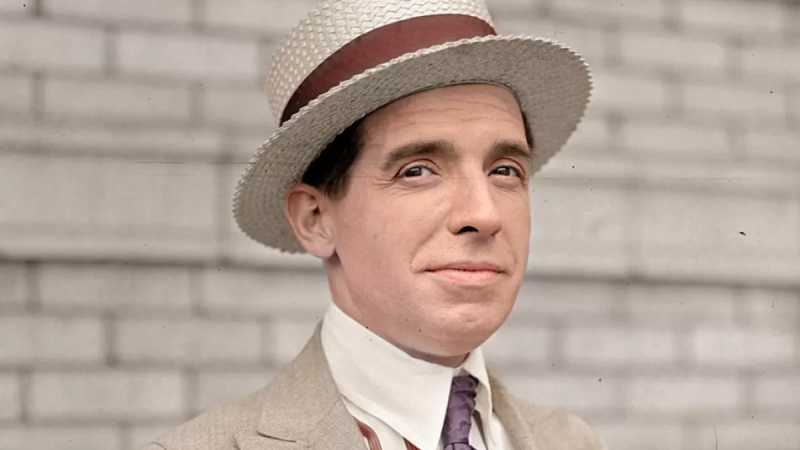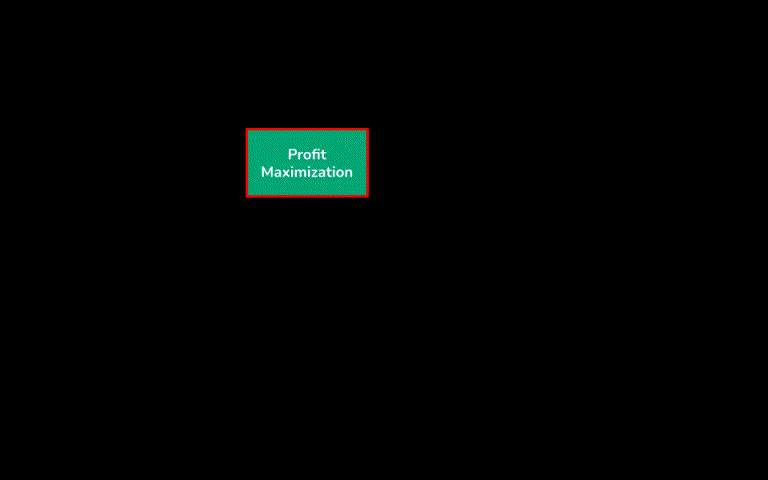Trade Problems


Ponzi Scheme
Section 1

The Great Depression and Profit Maximization
Section 2

Financial Crises: The Asian Crisis
Section 1

Financial Crises: The 2008 Financial Crisis
Section 4

Import Substitution versus Export Promotion
Chapter 9b